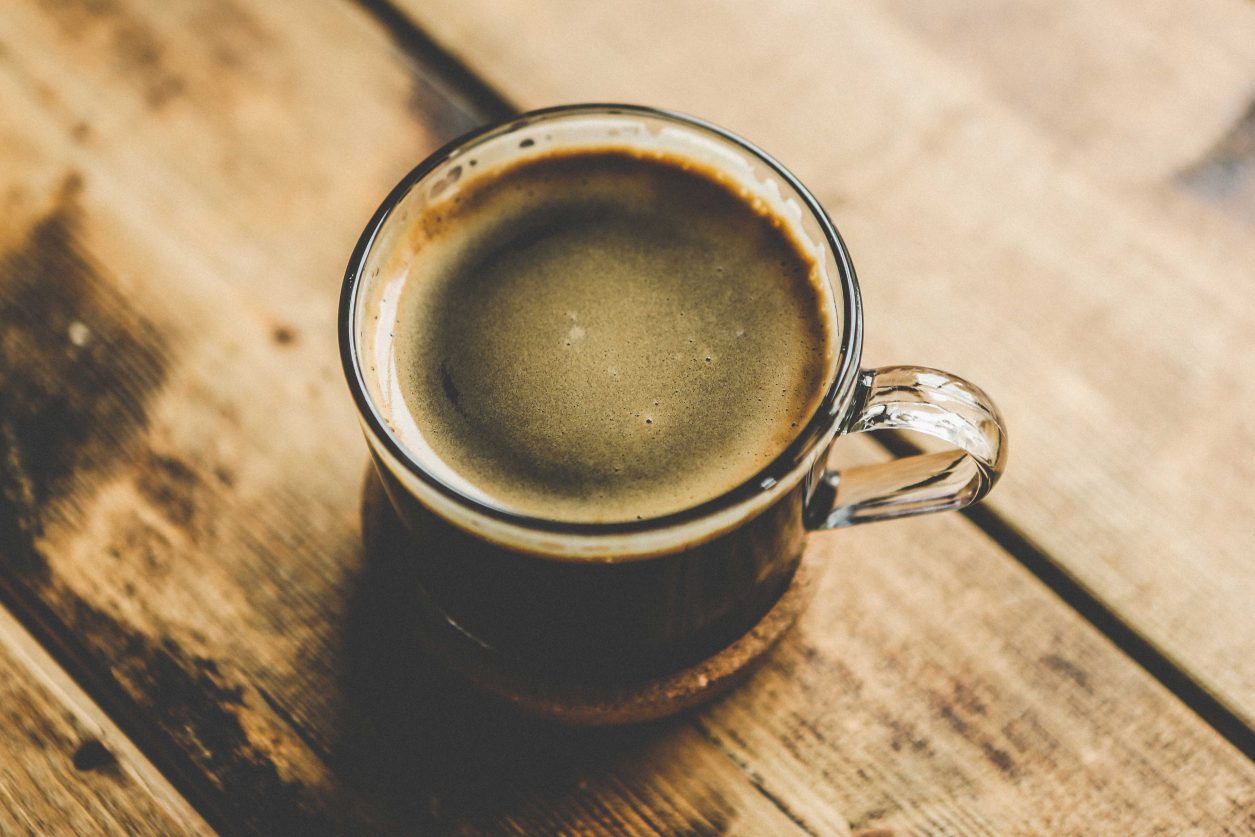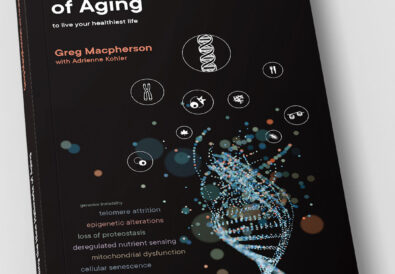Caffeine is the world’s favorite drug, consumed by an estimated 80% of the world’s population.
The average daily consumption of caffeine in the US ranges from 200–500mg per day, organic or not, 16oz of brewed coffee gives over 300mg. Adults get two-thirds of their caffeine from coffee, children get half from soft drinks.
Due to the negative effect on billions of people’s health and lifespan, the American Academy of Pediatrics states, Caffeine and other stimulating substances contained in beverages have no place in the diets of children and adolescents.
Caffeine’s stimulating effects adversely impact children’s developing neurological, immune and cardiovascular systems. Adults, like youths, are weakened by stimulation to the central nervous system, heart, voluntary muscles and gastric acid secretion. As little as one gram of caffeine is toxic, and it is rapidly distributed in all body tissues and fluids, including breast milk. This leads to a full spectrum of disorders, including nerve and muscle problems, insomnia, gastrointestinal maladies, tachycardia or arrhythmia and impotence, as well as a plethora of mental disorders. People with bipolar disorder are at risk for an increase of manic symptoms when they consume caffeine, due to its direct psycho stimulant properties, which also increase renal excretion of lithium.
Caffeine works as an adenosine receptor antagonist. Adenosine is an inhibitory neuromodulator affecting non-epinephrine, dopamine and serotonin activity. The molecular structure in caffeine is similar to adenosine. Caffeine can occupy adenosine receptor sites and increase neurotransmitters, the same system that is implicated in several psychiatric disorders. Parkinson’s Disease has been directly linked to caffeine consumption.
Surprisingly, over the counter pharmaceutical like analgesic, sinus and weight loss compounds contain up to 200mg of caffeine. Another major concern is that caffeine attaches itself to pharmaceutical medication and recreational drugs like anti-psychotics and speed.
Many who perceive themselves conscious athletes and fitness enthusiast consume these noxious, life-altering and deathenhancing beverages. Active people are at especially high risk for caffeine toxicity, since their blood vessels and blood flow constricts to the heart, which causes dehydration and potential cardiac arrest.
Unlike checkbook research funded by the coffee industry, legitimate studies reveal that caffeine negatively affects stroke patients. Among those recovering from strokes, the group consuming coffee/ caffeine had far less blood flow to the brain than did the non-coffee drinkers.
Even the New York Times bought into the coffee myth that “consuming coffee daily raises one’s IQ.” On the contrary, reduced blood flow with its contingent oxygen and nutrients actually reduces intellect. 2005 brought more propagandized “research” stating that people who consumed six cups of coffee a day versus those consuming two, endured 26% less type 2 diabetes. Playing with the numbers and precluding the fact that those who drink more beverages ate less animal rich (cholesterol) and sugar based foods created flawed results. Saturated fat and sugar are the two culprits that instigate type 2 diabetes.
Everything we thought we knew about tea, soft drinks and caffeine, has been brought to us by the companies that make billions as our families sip away. Tsunamis of evidence and reports from every emergency room and hospital worldwide would prove the standard information dead wrong. Much of what we accept as “normal” beverages and food and dessert choices are well disguised shovels for us to dig our own graves.
Anna Maria Clement, PhD, LN, Co-director of Hippocrates Health Institute in West Palm Beach, Florida, lectures extensively around the globe. Her down-to-earth, sensible approach to teaching practical methods helps people comfortably incorporate those teachings in their own lives.




















